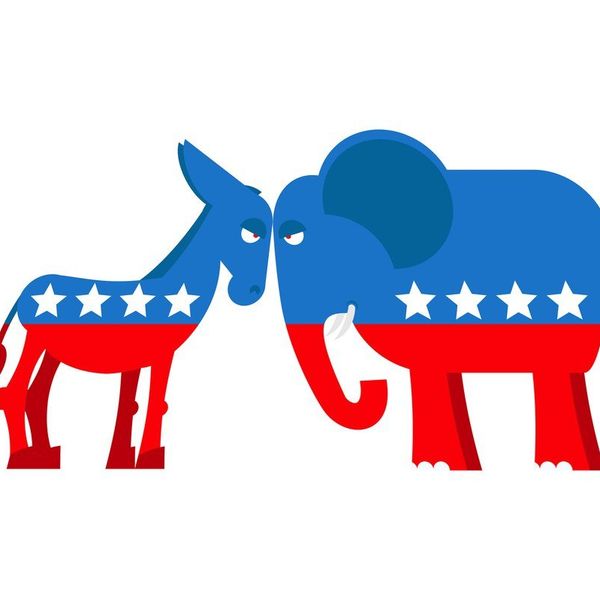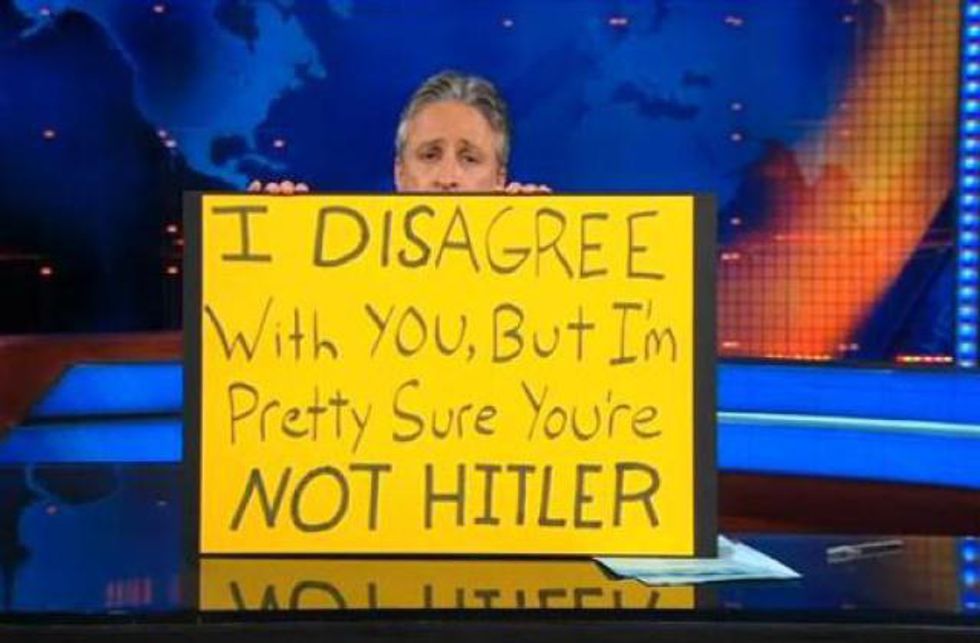With the 2016 Presidential Election coming up, politics have taken center stage in the discourse of most Americans. Social media feeds have been cluttered with a seemingly endless stream of political postings. News stations tell us which candidates are doing best in the polls, and our day-to-day conversations always seem to land on the subject. To me, the most surprising point of this election is the amount of vitriol that has taken the place of what used to be discussion, especially among college students. I know that every election cycle brings about a certain amount of what I like to call "psychotic politics," but 2016 seems to border on the extreme.
It seems that a vast majority of collegiate level voters have taken it upon themselves to minimize others who have differing opinions. With university settings being well-known as safe spaces for different ideologies, one might assume that students would have a more open-minded approach to political ideas. However, my fellow scholars appear to be at the forefront of the shouting match, completely disregarding the opinions of others if they do not fall in line with our own. Since college is a time when we are exposed to many different ideas, we should be able to approach political conversations as an opportunity to gain insight into others' perspectives rather than as a competition to see who can talk the loudest.
A substantial number of students also participate in reducing candidates to some of the worst dictators in history. No matter how wrong you think the other party's candidate is, he or she is not responsible for the genocide of millions of people. Comparing current candidates to these despicable individuals from history mitigates the atrocities they committed and the suffering endured by their victims. As students, we should be able to rise above name-calling and have an honest conversation about our differing ideologies.
This is not to condemn students for voicing their opinions, but to ask that we all display our opinions in such a way that we don't fuel the fire. I have been guilty of the same type of disrespectful communication as well. However, I am realizing how much anger this kind of negative rhetoric espouses. I also understand how hard it is to remain calm when hearing something that you strongly disagree with. But it is up to us to not make the situation worse by becoming angry. Discourse is what allows a representative government to function; "psychotic politics" is not.
Great things can be accomplished through simple dialogue. Individuals usually won't be convinced to change their political stance based on the audio levels one can reach with his or her voice. However, a respectful conversation explaining why you support certain positions and disagree with others has a much better chance of succeeding at doing just that.
So, no, Donald Trump is not Hitler and Hillary Clinton is not Stalin. Just because we disagree politically does not mean that we cannot have an informative conversation without resorting to name-calling and insults. Having an amicable discussion will allow us to better understand our different points of view and see where the other side is coming from.

























